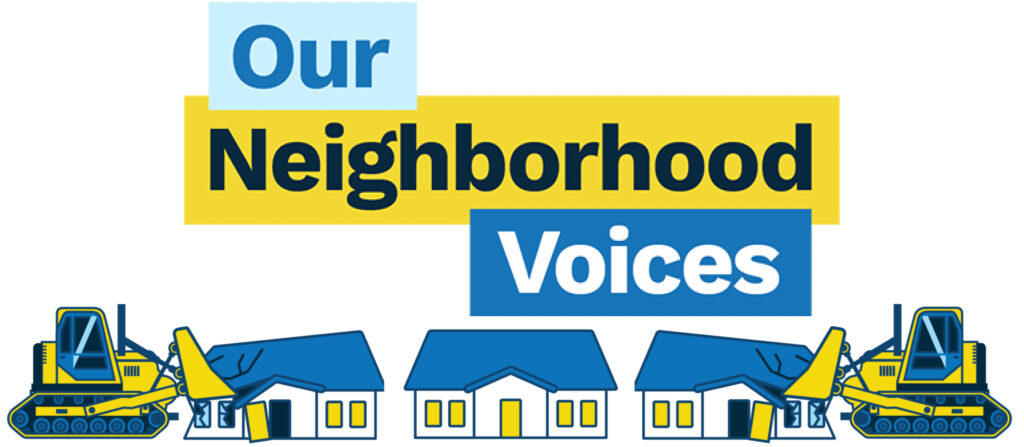Contra Costa, other councilmembers warn SB 423 is state’s “endgame” to eliminate local control over development

Our Neighborhood Voices, a growing statewide coalition of communities, claims the bill is a permanent extension of SB 35, gives developers unlimited ability to develop nearly anything, anywhere in California
California lawmakers recently introduced legislation that would permanently strip local communities of nearly all important land use decisions. While the legislation – SB 423 – is touted as a tool to solve our affordable housing crisis, local elected leaders say that the legislation undermines local democracy by removing the ability of communities to plan and prepare for what is built in their neighborhoods. It also can accelerate damaging ‘Builders Remedy’ projects across the state that see massive projects built in residential neighborhoods without adequate planning for water, schools, transit, safety fire danger and other priorities.
SB 423 also removes vital protections in our Coastal Zones – something no other housing bill has dared to do. Californians have consistently supported protecting our coasts – this bill removes many of those protections forever.
“I was hoping SB 423 might be a tool to help us solve our affordable housing crisis, but it is not,” said Susan Candell, Lafayette City Councilmember. “Instead, it is the state’s final end game to undermine local democracy in cities and counties, and unleash unlimited development, including the ‘Builders Remedy,’ even in our treasured coastal zones.”
SB 423 can potentially release the ‘Builders Remedy’ where developers can just about build anything, anywhere. SB 423 is a permanent extension of SB 35 – a 2018 law that forces local governments to approve certain developments under a streamlined process if they fail to build, not just approve, but build enough housing to meet their Regional Housing Needs Allocation (RHNA) numbers. Complex interactions with many other bills lead cities again to be subject to the ‘Builders Remedy’ in 2025 for Southern California and 2027 in Northern California.
The RHNA numbers – which are set every eight years – “laid out impossible goals this cycle,” explains Jovita Mendoza, Brentwood City Councilmember. “Virtually no cities or counties will be able to meet their RHNA numbers. Cities and counties are now set up to fail, and as a result, local governments will lose their ability to have a say about what gets built in our communities. Instead, under SB 423, that approval process will be turned over to developers permanently.”
Coastal zones have been protected from profit-driven overdevelopment since the passage of the California Coastal Act of 1976. This new proposed legislation would virtually undo decades of work to protect California’s coastlines.
“Now local oversight, those who are the stewards of the coastal zone, is removed. Instead, those decisions are handed over to developers and their allies in Sacramento. We all know we need affordable housing in every part of California, but this bill drastically reduces the required affordable units,” said Redondo Beach City Councilmember Nils Nehrenheim.
Our Neighborhood Voices is a non-partisan coalition of residents and elected officials from every corner of California who believe that land use decisions should be determined by local communities and their elected leaders – not one-size-fits-all laws from Sacramento and for-profit developers.
To get these important questions in front of voters, Our Neighborhood Voices is organizing to qualify a citizen-led ballot initiative that would protect the ability of local communities to adopt laws that shape local growth, preserve the character of neighborhoods, and require developers to produce more affordable housing and contribute to the costs associated with it.
the attachments to this post:

Our Neighborhood Voices graphic




















